Synthetic Intelligence (AI) is quickly reworking industries, pushing the boundaries of what expertise can obtain. Open-source fashions and instruments are extra highly effective than ever, and ML groups typically implement them in enterprise processes. Nevertheless, understanding the necessities, limitations, and prices is essential to make sure that your enterprise complies with the license tips.
AI licensing doesn’t merely observe a authorized course of; in actual fact, it governs a significant facet—how AI applied sciences needs to be used, distributed, and modified. The form of AI license chosen may also help determine the combination, sharing, or commercialization of AI fashions. Thus, it is likely one of the elementary instruments that builders, researchers, and companies need to navigate the authorized complexities of AI techniques.
On this article, we current an evaluation of AI licenses by cross-referencing their phrases, their use circumstances, and implications, in order that higher choices might be taken. For brevity functions, now we have additionally included a desk so that you can simply examine licenses.
About us: Viso Suite is our production-ready pc imaginative and prescient platform. With Viso Suite, corporations acquire real-time insights and management of all the machine studying pipeline. To study extra about how your staff can harness the facility of pc imaginative and prescient, guide a demo with our staff of specialists.
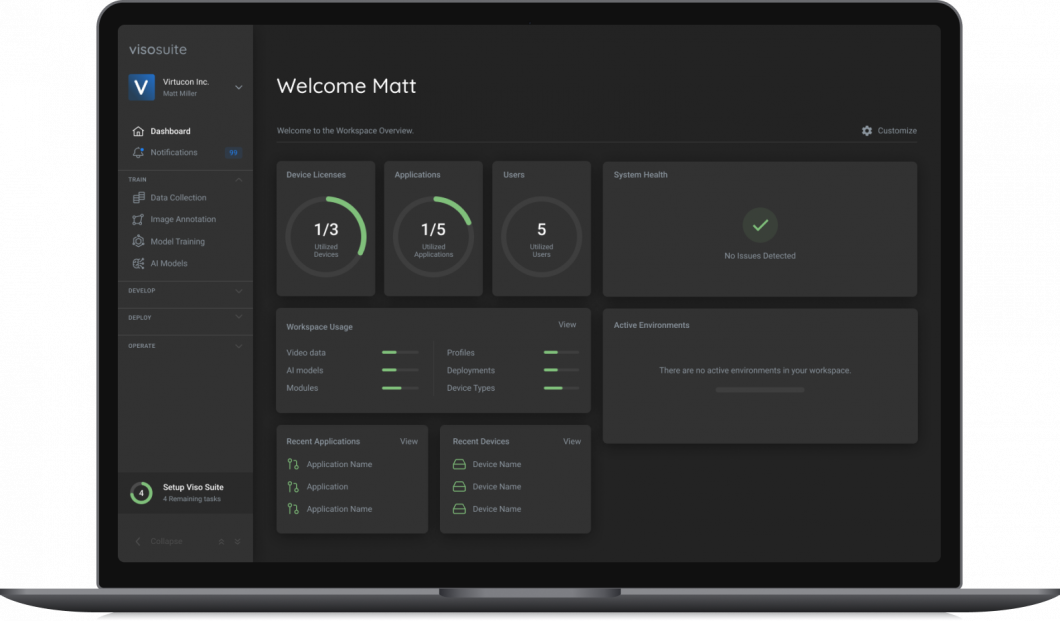
Varieties of Licenses in AI
AI licensing can’t be a one-size-fits-all method. These licenses will differ based mostly on the character of the AI product, supposed use, and the diploma of openness or restriction desired by the creator.
Listed below are some frequent classes of AI licenses:
| AI License Class | Description | Examples | Utilization Restrictions | Permitted Makes use of | Key Concerns |
|---|---|---|---|---|---|
| Open Supply | Licenses that enable for the modification and distribution of the software program. | MIT, Apache, GPL, BSD | Should embody unique license, can’t be made proprietary. | Analysis, business, instructional | Code transparency, group assist, authorized compliance |
| Proprietary License | Software program licenses the place the software program stays the property of the licensor. | Microsoft, EULA, Google Cloud AI IoS, NVIDIA AI License, OpenAI API License | Strict utilization limitations, no modification | Industrial, inside enterprise use | Price, no entry to supply code, restricted flexibility |
| Inventive Commons License | Licenses that enable creators to specify phrases of use for his or her works. | CC BY, CC BY-SA, CC BY-ND, CC BY-NC, CC BY-NC-ND, CC BY-NC-SA | Relies on particular license (e.g., attribution, non-commercial) | Sharing, remixing, tutorial | Varies by license; guarantee correct attribution |
| Knowledge-Centric Licenses | Licenses particularly designed for datasets and knowledge utilization. | Open Knowledge Commons, ODbL, PDDL, DUA | Restrictions on knowledge sharing and modification | Analysis, AI, coaching, business | Knowledge provenance, authorized implications of derived works |
| AI-Mannequin Particular Licenses | Licenses tailor-made for AI fashions, specializing in the use and distribution of educated fashions. | RAIL | Typically restricts deployment, requires compliance with moral tips. | Deployment, analysis | Moral concerns, mannequin misuse prevention |
| Customized Licenses | Licenses particularly crafted for distinctive necessities of a mission or group. | Customized agreements | Extremely variable relying on phrases | Specified within the customized settlement | Guarantee readability in phrases, authorized session really useful |
Open Supply AI License
Open-source licenses have been a cornerstone within the software program improvement group for many years. They permit free entry, modification, and distribution of the supply code. Nevertheless, they arrive with explicit phrases and situations that apply diversely to completely different licenses.
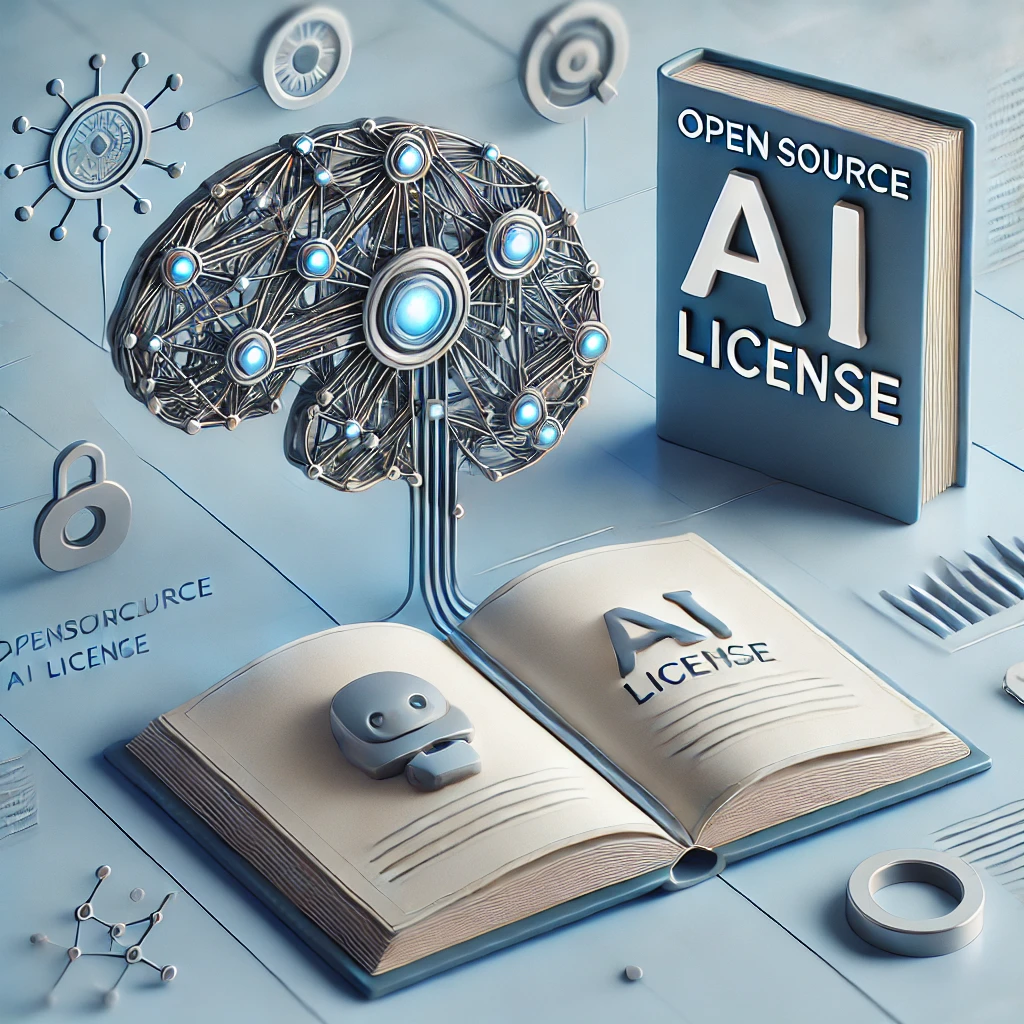

The most well-liked open-source licenses in AI embody:
MIT License
The MIT license (totally pronounced as Massachusetts Institute of Expertise license) is likely one of the easiest and most permissive open-source licenses. It permits builders to make use of, modify, and distribute the software program with very minor restrictions.
The one restriction is that the unique copyright and license discover have to be included in any substantial portion of the software program. This makes it completely appropriate for AI initiatives whose intent is to drive broad adoption and innovation.
Primary options:
- Free
- Permits business and personal use
- No copyleft obligations
Use Circumstances:
- Very best for AI initiatives encouraging broad adoption
- Applicable for AI instruments in instructional and analysis settings.
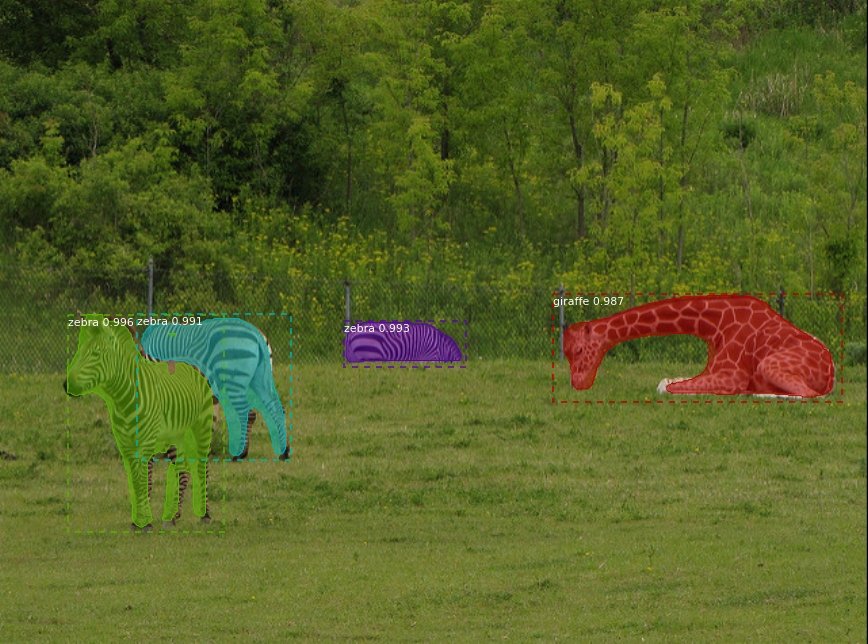

Apache License 2.0
Apache License 2.0 is balancing permissiveness with safety. It permits one to make use of, modify, and distribute software program with the added situation that if you happen to modify it, say so. It additionally accommodates a particular grant of patent rights from contributors to customers, offering safety in case of a lawsuit involving copyright infringement claims. As Apache License additionally provides, in case you might be distributing altered recordsdata of the software program, it’s worthwhile to publish a transparent discover that adjustments had been utilized.
Apache License 2.0 is finest for AI initiatives with a number of contributors or whenever you goal to commercialize your mission. The detailed provisions of the license, regarding the patents and contribution monitoring, are a powerful choice for initiatives the place there’s a particular want for authorized readability and safety.
Key Options:
- Features a patent grant
- Requires attribution and see of any modifications
- Permits sublicensing
Use Circumstances:
- Appropriate for initiatives within the AI house that could possibly be heavy on patented applied sciences
- Most popular in enterprise environments the place authorized safety is vital.
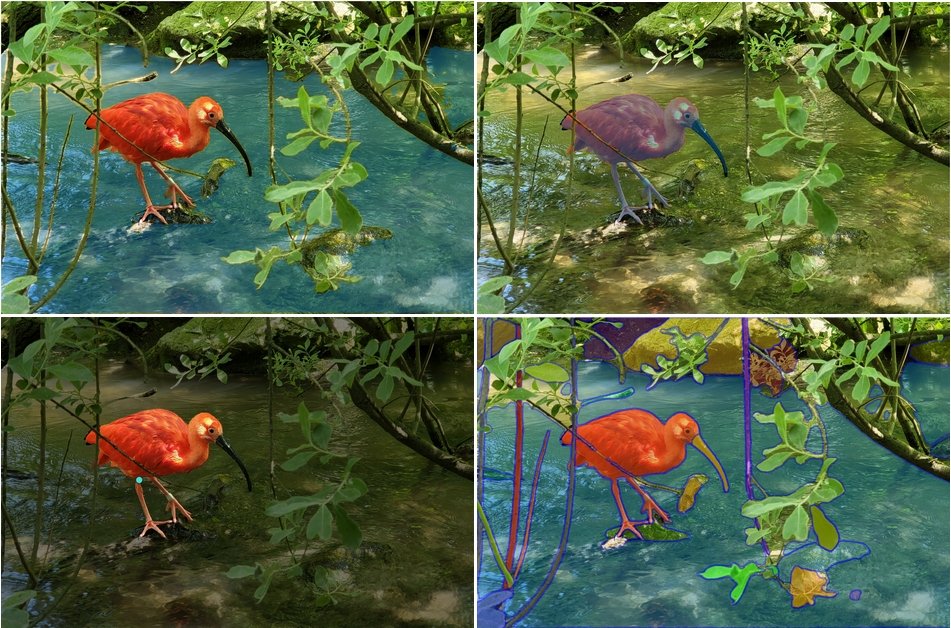

GNU Basic Public License (GPL)
The GNU Basic Public License (GPL) is a copyleft license. It makes certain spinoff work constructed upon the unique supply code is distributed below the identical phrases as the unique one. That method, the software program, together with all its derivatives, shall be open supply. It has variations—the most recent is GPLv3.
This license is especially essential for AI initiatives that insist on openness of collaboration and free distribution of information. Nevertheless, the necessities of the GPL could also be a bit of heavy on the mission if one needs to combine it with proprietary software program or for companies seeking to commercialize their AI applied sciences.
Key Options:
- Safe copyleft provisions
- Spinoff works mandate open-source
- Freedom to make use of, modify, and share
Use Circumstances:
- Very best for full open-source AI initiatives
- Very best for analysis and improvement collaborations.
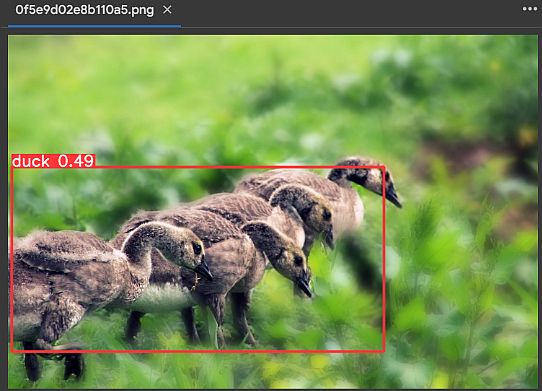

BSD License
The BSD license is similar to the MIT License. But, it accommodates a further clause that forbids utilizing the identify of its contributors whereas selling spinoff merchandise with out their express consent. Main variants of the BSD License embody— Authentic or “4-clause” BSD License, New BSD License/Modified or “3-clause” BSD License, and Simplified BSD License/Free “2-clause” BSD License.
That is, subsequently, the most effective suited license for any AI mission that tries to take care of a stability between openness and management over branding.
Key Options:
- Permits use, modification, and distribution of its supply code free of charge
- Requires retention of copyright notices
- Suitable with proprietary software program
- Much less advanced in comparison with Apache 2.0 and but extra express than MIT
- No copyleft obligations
Use Circumstances:
- Very best for AI initiatives that require flexibility or widespread adaptation
- Generally utilized in tutorial and analysis settings
Proprietary Licenses
An AI proprietary license is a software program license the place the person is licensed to make use of the AI mannequin with restricted rights. Particularly to situations set by the proprietor or developer of the software program. Proprietary licenses are extra restrictive than open-source licenses. Customers can acquire solely restricted rights with respect to the modification and distribution of the software program.
This sort of license usually imposes phrases and situations that customers should comply with earlier than making use of the instruments of synthetic intelligence, which can include restrictions on modification, distribution, and business use.
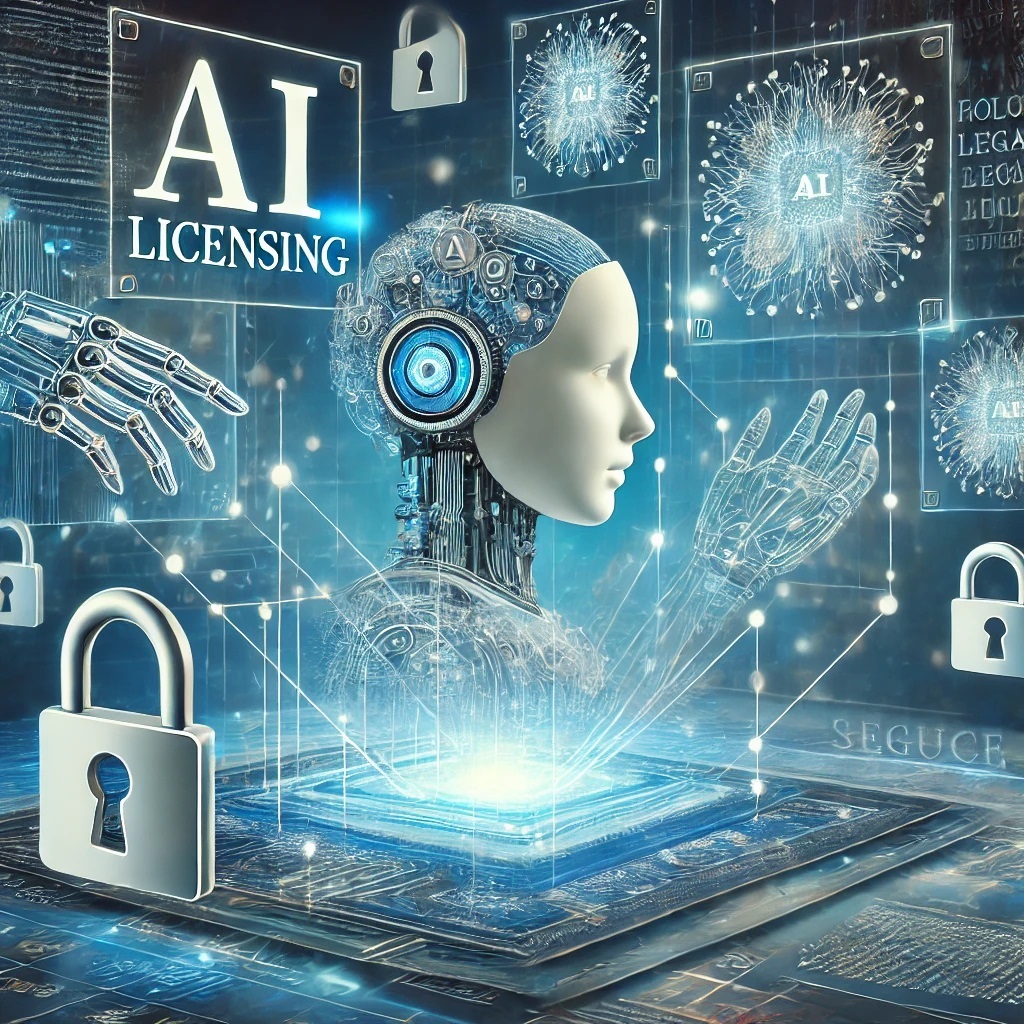

Under are a few of them.
Microsoft Finish Consumer License Settlement (EULA)
That is the Customary Proprietary license for Microsoft AI merchandise together with Azure AI and different related instruments. It restricts the entry of their AI software program to solely phrases particularly outlined by Microsoft.
Google Cloud AI Platform Phrases of Service
This proprietary license governs using Google’s AI companies and instruments provided by means of its cloud platform. It contains restrictions on utilization and entry, in addition to phrases for mental property safety.
NVIDIA AI Enterprise License Settlement
NVIDIA licenses govern using NVIDIA’s AI software program suite, which is designed for enterprise deployment. It restricts adjustments and sharing. It runs solely in predetermined environments and is finest on NVIDIA-certified {hardware}. The license additionally gives assist, updates, and compliance phrases and situations that assist safe optimized enterprise AI deployments.
OpenAI API License
OpenAI supplies entry to its generative AI fashions and different instruments below a proprietary license, which outlines particular utilization limitations, knowledge dealing with insurance policies, and mental property rights.
Inventive Commons Licenses
Inventive Commons (CC) licenses in synthetic intelligence (AI) seek advice from a set of open licenses that enable creators to share their AI-related work with various ranges of permission to be used, modification, and distribution. These licenses are sometimes utilized to AI fashions, datasets, analysis papers, and different associated content material.
Under are the Inventive Commons licenses which can be utilized in AI mannequin deployment:
- Attribution (CC BY): This license lets others distribute, remix, adapt, and construct upon the AI work, even for business functions, so long as they credit score the creator for the unique creation.
- Attribution-ShareAlike (CC BY-SA): Much like CC BY, however the spinoff works need to be below the identical phrases to ensure that the derivatives are additionally free.
- Attribution-NoDerivs (CC BY-ND): Redistribution allowed for each business and non-commercial use. However the person can’t make any adjustments by any means to the unique, i.e. no derivatives of the unique work.
- Attribution-NonCommercial (CC BY-NC): Permits others to remix, adapt, and construct upon the work non commercially. Whereas new works should give credit score to the creator, the brand new works don’t need to be licensed below the identical phrases.
- Attribution-NonCommercial-ShareAlike (CC BY-NC-SA): Permits others to remix, adapt, and construct upon the work non-commercially, so long as they credit score the creator and license their new creations below equivalent phrases.
- Attribution-NonCommercial NoDerivs (CC BY-NC-ND): Most restrictive license. It supplies that mannequin builders can obtain the supply code and redistribute copies supplied they attribute the proprietor of the content material, however no modification within the supply file might be developed nor any business use.
Knowledge-Centric Licenses
Knowledge is the spine of AI, and licensing knowledge units is a major facet of AI improvement. The kind of license issued to knowledge is a authorized settlement for controlling the modification, distribution, and use of information units.
This is likely one of the most essential parts of Synthetic Intelligence (AI) and Machine Studying. Fashions require massive datasets for coaching. Such licenses do what the information customers can and can’t do with the information and shield the rights of the information house owners whereas selling accountable and moral utilization of the information.
Examples of some data-specific licenses are:
Open Knowledge Commons (ODC) Licenses
ODC licenses are designed for open knowledge initiatives. They supply a authorized framework for sharing knowledge whereas guaranteeing that the information stays open and accessible. The most typical licenses for ODC are the Open Database License (ODbL), the Attribution License, and the Public Area Dedication and License (PDDL). That is very related to AI for this normally datasets must be very massive.
Key Options:
- Opens up data-sharing
- Requires attribution
- Probably use provisions on the integrity of information and attribution
Use Circumstances:
- Appropriate for public datasets utilized in AI analysis.
- Good for public knowledge initiatives and community-driven AI initiatives.
Knowledge Use Agreements
A knowledge use settlement is a authorized contract. It prescribes the situations for utilizing, sharing, or storing knowledge. Typically, DUAs are frequent in tutorial and analysis settings that contain delicate or proprietary data. Basic points contained within the settlement embody issues of information privateness, safety, and confidentiality of information.
Key Options:
- A contract that’s legally binding
- Specifies the rights, restrictions, and obligations round utilization
- Ensures compliance with privateness legal guidelines and moral requirements
Use Circumstances:
- Appropriate for AI initiatives involving delicate or proprietary knowledge
- Very best for collaborations between establishments the place knowledge sharing is ruled by strict authorized and moral tips
AI Mannequin-Particular Licenses
AI model-specific licenses are authorized frameworks designed to control the use, distribution, modification, and deployment of synthetic intelligence (AI) fashions. These licenses are made to AI mannequin wants, contemplating the best way they’re developed, their software, and potential influence.
Such licenses deliver transparency and management in using AI fashions and promote accountable, moral AI practices.
One of many standard sorts of AI model-specific licenses is the Accountable AI license. Let’s talk about it intimately:
Accountable AI License (RAIL):
The Accountable AI License is an AI model-specific license that features moral points within the licensing phrases. This RAIL license allows using AI fashions below sure situations whereas emphasizing accountable and moral utilization. Its objective is to stop misuse of AI that may hurt folks or society.
The event of RAIL licenses goals to make sure that using AI fashions is in keeping with Accountable AI practices, stopping potential discriminatory or unethical makes use of.
A RAIL license may restrict the utilization of the AI mannequin in functions which can be probably dangerous, infringe on privateness, or contain the promotion of unlawful actions.
- Neighborhood-Oriented: RAIL licenses typically deal with encouraging the group to report abuse and guaranteeing that AI fashions ship a web optimistic influence on society.
The Accountable AI License is a vital instance of how AI model-specific licenses are nonetheless evolving, not just for technical and authorized areas however even for extra basic impacts that AI applied sciences are bringing to society. These licenses have a vital position in fostering belief and accountability in AI improvement and deployment.
Customized Licenses
Customized licenses are sometimes utilized in business AI initiatives, the place the usual open supply or proprietary licenses might not present the mandatory degree of safety or management.
In some circumstances, current licenses can’t serve the aim of an AI mission; new licenses might be developed to swimsuit explicit wants. Having a customized license will let a corporation craft the phrases and situations to swimsuit its distinctive wants. Licenses on this class might mix points of a number of license varieties or embody different clauses particular to the mission or area of interest authorized and moral points.
These customized licenses are frequent in business AI initiatives the place both the overall open supply or proprietary licenses can’t supply such safety and management.
Key Options:
- Absolutely customizable to suit particular wants.
- Can mix components of open supply, proprietary, and moral licensing.
- Gives flexibility in defining phrases and situations.
Use Circumstances:
- Appropriate for organizations with distinctive licensing necessities.
- Very best for initiatives that require the mix of assorted licensing frameworks.
Easy methods to Choose the Proper AI License for Your Venture
Licensing your AI mission is likely one of the essential choices to be made; thereby, influential use or commercialization by others shall be developed. The suitable license will rely upon the character of the AI mannequin or dataset developed, the objectives for distribution and commercialization, and each issue concerning authorized or moral concerns, notably in your area.
Listed below are some basic concerns when choosing the proper license in your AI mission:
- Assess the character of your work in AI: mannequin, dataset, software.
- A superb place to begin can be contemplating the extent of management you wish to preserve over the mission.
- Assess any authorized and moral implications.
- Seek the advice of with attorneys specializing in licensing AIs.
- Assessment related initiatives in your area for licensing precedents.
FAQs
Q. Which Open Supply License is Greatest?
A. The most effective open-source license relies upon upon your mission’s wants:
MIT
-
- : When most flexibility and ease are desired
<liApache 2.0: To supply robust patent protections
<liGPL: Greatest for these AI initiatives that goal to stay totally open-source.
<liBSD: Once you wish to stability permissiveness with attribution
Select an open-source license contemplating your group, collaboration objectives, and potential business use.
Q. How is AI licensing completely different from conventional software program or expertise licensing?
A. Conventional software program licenses prescribe how static code needs to be used and distributed. Against this, AI licenses contemplate dynamic elements of steady mannequin studying, corresponding knowledge privateness points, and unintended bias or hurt. It typically contains advanced interactions between algorithms, knowledge, and infrastructure.
Moreover, AI licensing typically requires particular provisions for transparency, accountability, and moral use, that are much less prevalent in conventional software program licenses.
Q. Why ought to AI be regulated?
A. AI Regulation seeks to guard people and society from potential harms which will emanate from AI. It ensures the accountable improvement and deployment of highly effective AI techniques. The regulation of AI techniques can keep away from misuse and violation of particular person rights and construct public confidence in AI applied sciences. If unregulated, AI techniques may widen inequalities, intrude into non-public lives, or hurt on account of biases in decision-making processes.
Q. What are the 6 rules of accountable AI licensing?
A. The six rules of accountable AI licensing, in accordance with Microsoft Accountable AI Customary, embody equity, reliability and security, privateness and safety, inclusiveness, transparency, and accountability. These rules information the moral improvement and use of AI techniques.
Q. How do AI licenses deal with the idea of “spinoff works” for machine studying fashions?
A. Most AI licenses have a redefined definition of “spinoff works” concerning mannequin fine-tuning and switch studying. They’ll additionally clarify whether or not the re-trained fashions are new works or nonetheless below the unique license. Different licenses introduce the concept of “mannequin lineage,” in accordance with which AI techniques change by successive coaching.
Additional Studying
Should you loved studying this text, now we have another suggestions too: